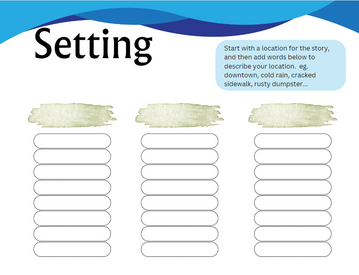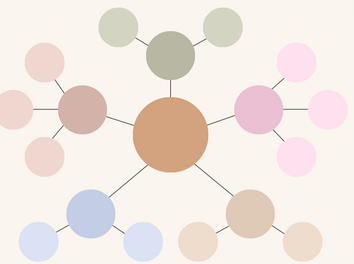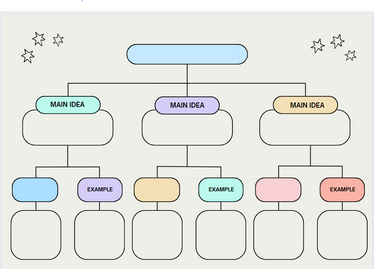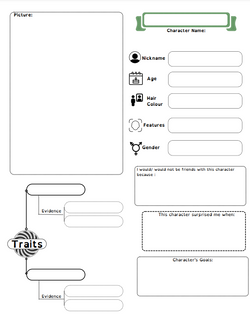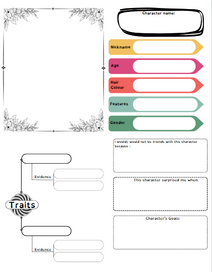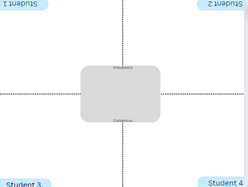
Comprehension
Comprehension
Rereading a passage without sufficient background knowledge doesn't improve comprehension. Effective teaching should maximize understanding by providing necessary context and foundational information. This approach ensures students can grasp new concepts, leading to deeper learning and better comprehension.
This collection of pages shows the seasonal rounds of Cottonwood Island Park

Selecting materials that align with the First Peoples Principles of Learning and Dakelh ways of knowing is crucial in Indigenous education. These principles emphasize holistic, experiential, and relational learning that connects students with their culture, community, and the land. Materials should reflect the interconnectedness of all life and honor traditional knowledge and practices. This approach supports students' cultural identity, promotes respect for Elders and knowledge keepers, and encourages a deep connection to their heritage and the natural world.
Selecting materials that align with the First Peoples Principles of Learning and Dakelh ways of knowing is crucial in Indigenous education. These principles emphasize holistic, experiential, and relational learning that connects students with their culture, community, and the land. Materials should reflect the interconnectedness of all life and honor traditional knowledge and practices. This approach supports students' cultural identity, promotes respect for Elders and knowledge keepers, and encourages a deep connection to their heritage and the natural world.
“How is this going to connect to my learners?”

“What do they need to know before we start?”
Preloading knowledge before reading enhances comprehension. Providing students with relevant background information and context before they engage with a new text helps build a mental framework for understanding. This strategy improves retention, making the learning experience more engaging and meaningful.
Preloading knowledge before reading enhances comprehension. Providing students with relevant background information and context before they engage with a new text helps build a mental framework for understanding. This strategy improves retention, making the learning experience more engaging and meaningful.
Mind Mapping
Mind Mapping
Online
Online

“How are we connecting to existing knowledge?”
Encouraging connections between the text and prior experiences, cultural background, and previously learned concepts deepens understanding and makes the material more relevant. Strategies like questioning, predicting, and relating personal experiences to the text facilitate this process, fostering a more engaged reading experience.
Encouraging connections between the text and prior experiences, cultural background, and previously learned concepts deepens understanding and makes the material more relevant. Strategies like questioning, predicting, and relating personal experiences to the text facilitate this process, fostering a more engaged reading experience.
Word Work
Word Work
Graphics
Graphics
Note Making
Note Making

“What deeper thinking skills are we focusing on?”
After reading, students should deepen their understanding of characters, themes, and literary elements. Analyzing character motivations, exploring themes, and discussing broader implications help students engage critically with the text. Graphic organizers aid in visualizing and organizing their thoughts. Activities like group discussions and reflective writing further encourage deeper comprehension and appreciation of literature.
After reading, students should deepen their understanding of characters, themes, and literary elements. Analyzing character motivations, exploring themes, and discussing broader implications help students engage critically with the text. Graphic organizers aid in visualizing and organizing their thoughts. Activities like group discussions and reflective writing further encourage deeper comprehension and appreciation of literature.
Character
Character
Summarizing
Summarizing
Group
Learning
Group
Learning

Seeing the world through an Indigenous lens is crucial for fostering inclusive and accurate understandings of diverse cultures. Dakelh ways of knowing emphasize interconnectedness, respect for all living things, and the importance of community and relationships. Valuing and incorporating Dakelh knowledge honors Indigenous traditions and promotes a more equitable and holistic approach to education.
Seeing the world through an Indigenous lens is crucial for fostering inclusive and accurate understandings of diverse cultures. Dakelh ways of knowing emphasize interconnectedness, respect for all living things, and the importance of community and relationships. Valuing and incorporating Dakelh knowledge honors Indigenous traditions and promotes a more equitable and holistic approach to education.
“How are we teaching students to see with a different world view?



